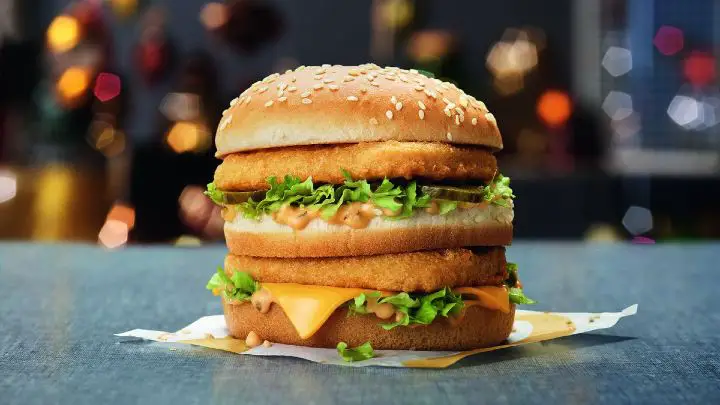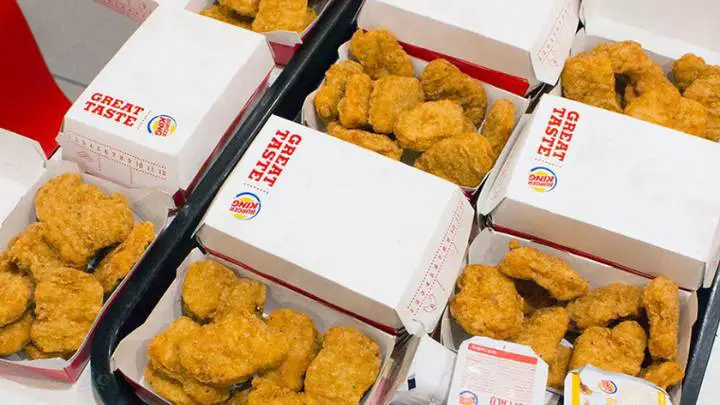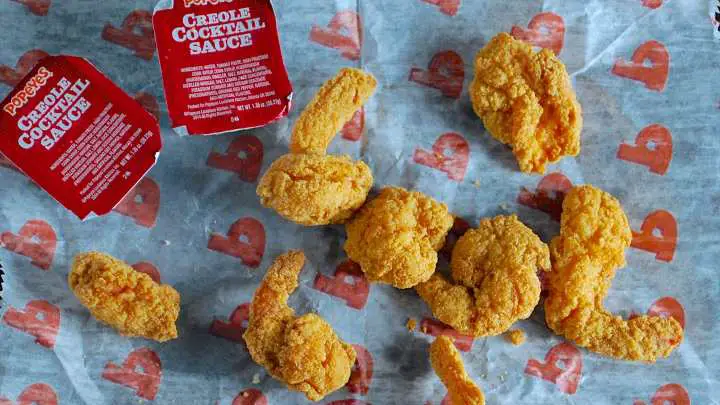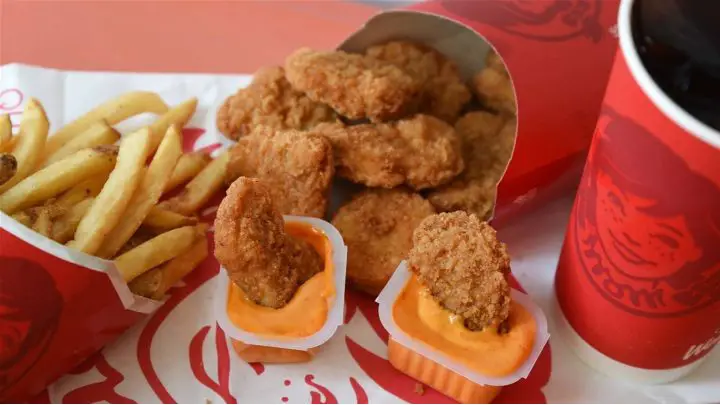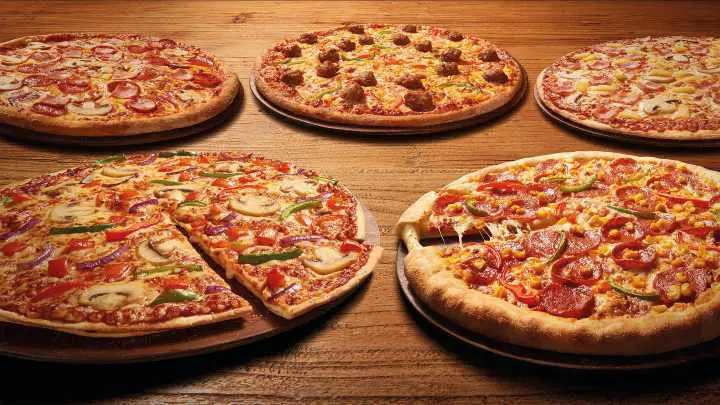Could it be possible to measure portions with your hands in your kitchen? I’m about to show you the easiest way to measure out portions using just your hands, and then we’ll talk about why this is a good idea.
In case you’re one of those people who don’t cook that much, or one of those people who has always had trouble figuring out how much sauce, rice, or whatever to add to your food, I’m going to show you how easy it can be.
If you’re a health-conscious person, I’m sure you’ve thought about getting yourself a kitchen scale. It can be very helpful in determining the portions of certain foods that you’re going to eat. But what if you don’t have one? Have no fear because there’s another way to measure food without the need for a scale. You can use your hands.
A very good way to enjoy your cooking journey is to learn the art of improvisation. Improvisation is a great hack to execute any work process and it will at most lengths achieve equal results and success.
In this guide, I will show you how to measure portions with your hands in your kitchen perfectly like when you use a scale.
What are the Hand Food Measurements You Should Know?
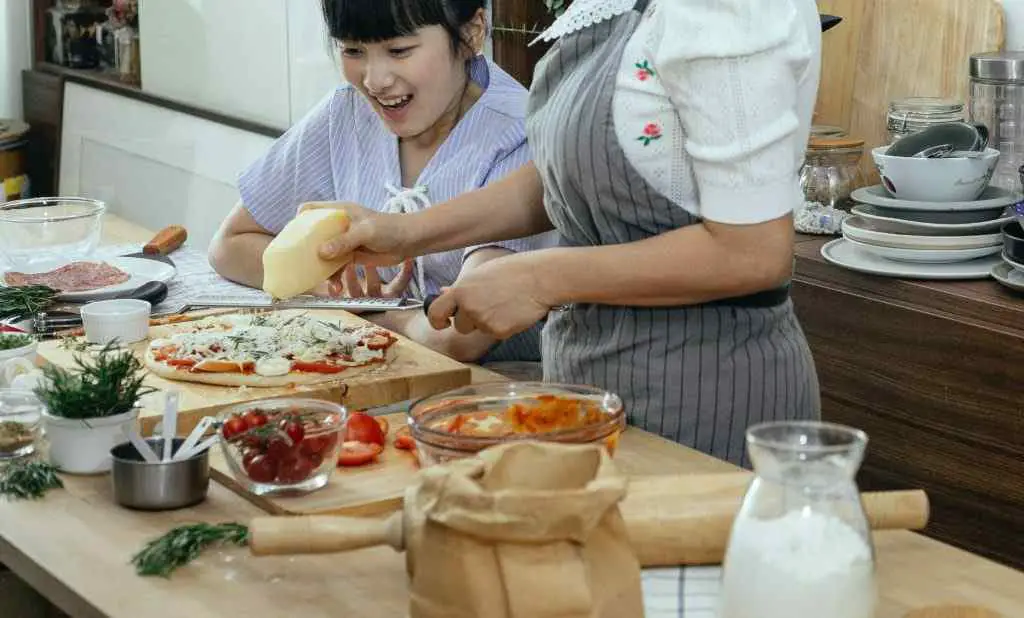
1. One Cup Equals Your Fist
Great news: You don’t need special measuring cups to get the right portions of your food. Instead, we can use our hands. 1 cup = your fist, so when you’re scooping something out and going for a portion that’s easy to manage, grab the closest amount in your hand. 2 cups = both of your fists. 3 cups = a cup and a half.
Using this system is great because it allows you to eyeball your portions and adjust them as you go along, giving you more control over how much you take out—especially if you’re trying to be careful about portion size.
2. Half Your thumb Equals One Teaspoon
When in a hurry and you need to make teaspoon portions or fillings for your baking or soups, you can use half of your thumb as a measurement. You want to save yourself a little stress and do not want to look for your spoon in your dish rack.
Dip your thumb tip in the fillings and pour them into your meal. Your thumb is an exact estimate for one teaspoon. You can use this measurement plan for your butter and oil.
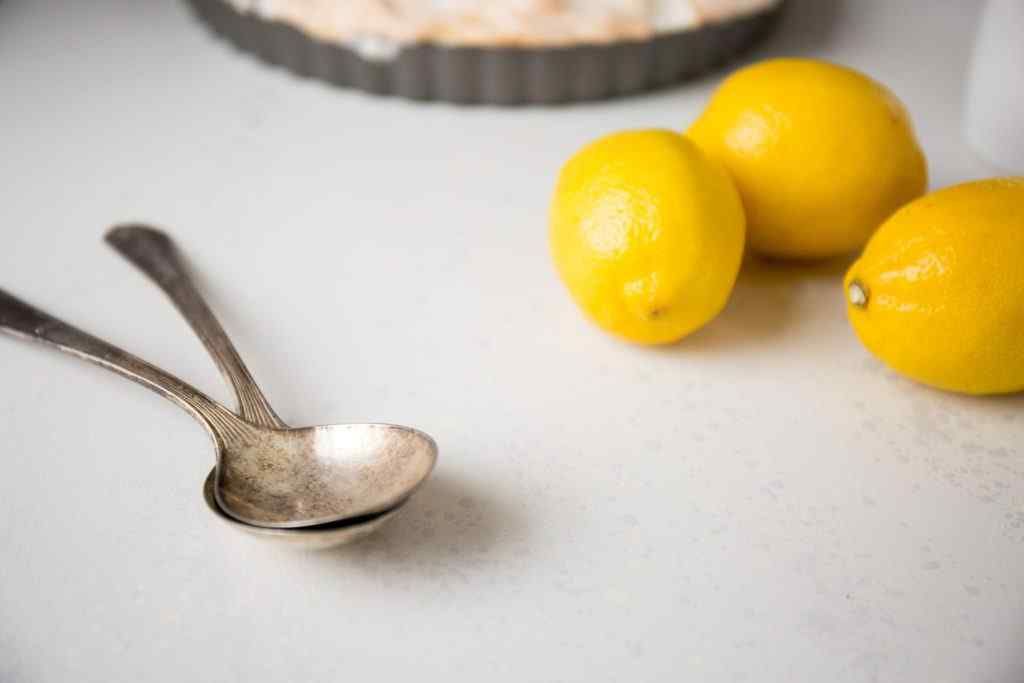
3. Your Whole Thumb Equals 1Tablespoon
Need to make one tablespoon of portions for your salt or sugar. A dip of your whole thumb is equivalent to one tablespoon. You should however not try this measurement for your medications. You can abuse this and get it wrong. Besides, it will not work for your drugs. Your drugs will stick to your thumb as your ingredient would.
It goes for your sour cream, Cream cheese, Peanut butter, and Cheese. A two-finger scoop of your thumb equals two tablespoons.
4. Your Index Finger Equals One Ounce
Your dried ingredients can be measured in an ounce. Likewise, your liquid ingredient will be measured in fluid ounces. Instead of going way up into your cabinet or searching for a scale with the measurement of an ounce, your index finger will save you the stress. It is a perfect substitute for the ounce measurement.
5. Your Hand Full Equals One Ounce
To get this measurement perfectly, know that one ounce equals 1/4 cup which also equals one hand full. A quick method of pouring in fillings or toppings for your baking is to adopt the one-hand full measurement. As for the index finger, one hand-full measurement is a substitute for an ounce measurement.
You must also take note of this relativity. One hand-full measurement equals only one ounce for tiny pieces of kitchen spices not for your pasta. One hand full of your paste is a perfect measurement plan for ½ of a cup, while two hands full is a full cup of pasta.
SEE: Things you must not try with your kitchen knife
6. Pinch Measurement
You can not avoid the pinch measurement when cooking your meals. It is one of the most common recipe methods for great meals. Even if you do have a measurement scale, do you want to keep measuring a pinch of your ingredient? No. More so, scales do not come with a scaling tag for a pinch. Therefore, make use of your fingers as this is what is expected of you by producers.
To use your finger, you either make do with your pinkie finger or a combo of both your index and thumb joined together in a scoop. For our pinkie finger, dip the ingredient to the level of your first knuckle and shake it off into your preparations or mixings. For the index and thumb, you practically pinch the fillings you wish to take and spray into your meal.
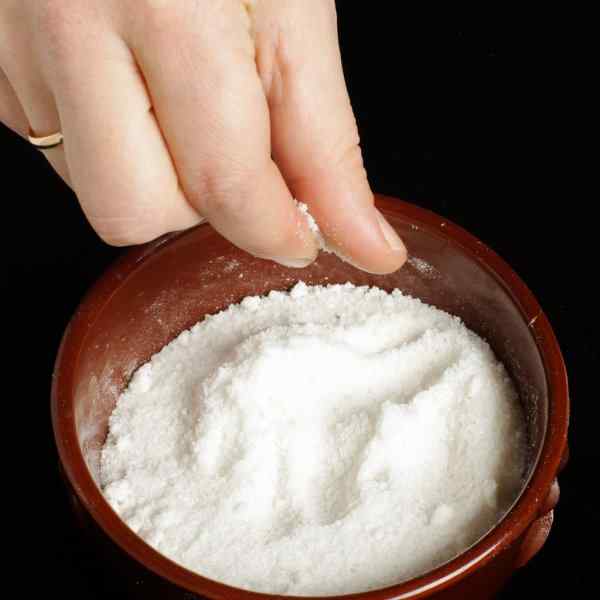
7. Palm Size Measurement
Knowing how to measure portions with your palm is interesting. it is the biggest measurement substitute for your cooking processes. A 3-ounce serving of chicken or fish is generally the size of your palm and a 1-cup serving of natural product or vegetables is generally the size of your shut clenched hand. You can also use it for your cereals, Beverages, Casseroles, Soups, Fresh fruit, raw vegetables, and flours.
The semi-closed palm measurement equals a ¾ ounce plan. It is best for pork and beef. The semi-closed palm is also called the cupped hand measurement. Two of the cupped hand measurement goes for 1 ounce which is used for foods like chips and crackers.
Why Measure Portions With Your Hands In Your Kitchen?
- It saves you time in the kitchen
- It is easy to use
- It’s easy to replicate
- It is more convenient, especially when cooking
- Helps avoid food waste due to over-preparation
- Allows you to control your portions
- Helps eliminate food waste
- Great way to visually see and understand the correct portion size
SEE: How Many Cups In A Box Of Powdered Sugar
FAQs
What counts as a portion?
According to NHS, one portion is 80g of a particular fruit.
How many ounces are in a cup?
You have 8 ounces in a cup.
How many tablespoons in an ounce?
You have 2 tablespoons in an ounce.
Conclusion
Measuring food using your hands is one of the easiest ways to portion foods which comes in handy no matter what it is you’re preparing. With this being said, there’s a way to measure them with your hands and make it work so that you can determine how many portions you’ll have at the end when you are done.
Your hands are the best measurement substitute for your kitchen cooking. When you do not have your utensils complete, make sure to measure portions with your hands in the kitchen. By using the hand measures listed above, you can be sure that you’re accurately measuring portions without having to worry about external factors throwing off your perception.
Want to learn more about cooking like a pro? Check out these tips that will make you a better cook at home. Whether you’re a beginner or experienced, there’s always room for improvement.
I hope you found this guide helpful. Thank you for reading.

